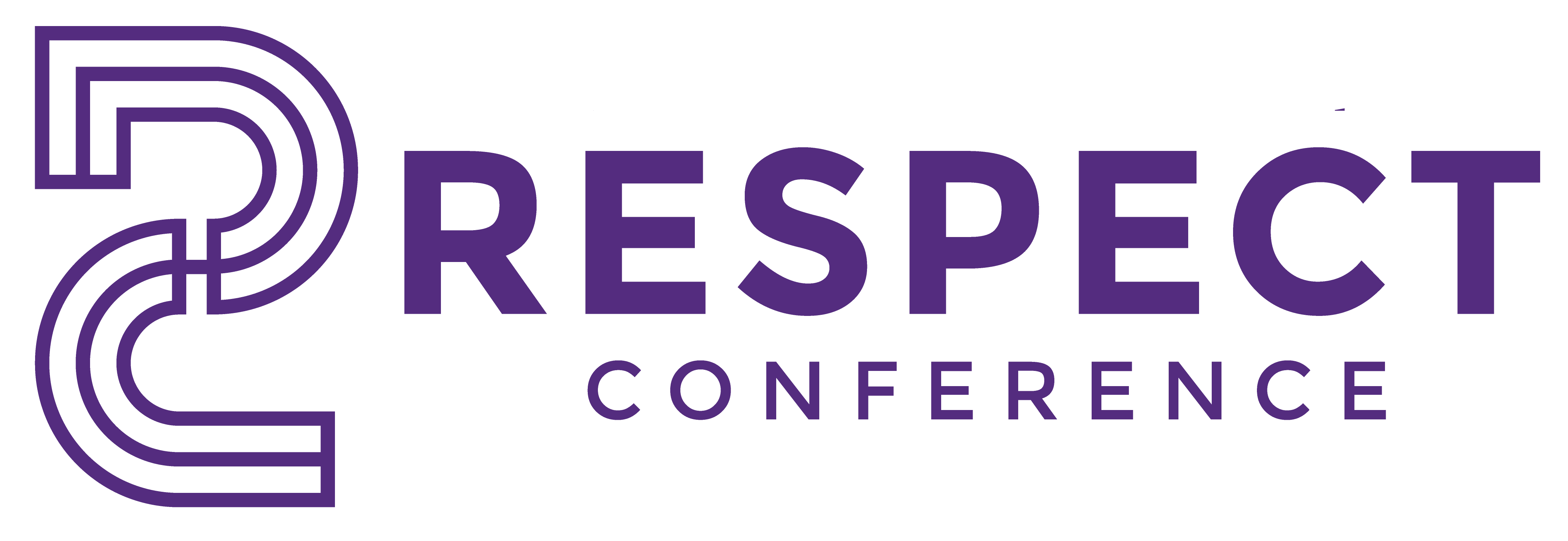The Research in Equity and Sustained Participation in Engineering, Computing, and Technology (RESPECT) conference is the premier venue for research on equity, inclusion, and justice in computing and computing education. We invite interdisciplinary contributions from computer science education, educational leadership and policy, learning sciences, cognitive and/or social psychology, social sciences, human computer interaction, and related disciplines Recognizing the important role that educators, students, policy-makers, and community members play as partners in BPC efforts, RESPECT also welcomes participation of those who have not traditionally identified as “researchers”.
RESPECT 2023 is utilizing an innovative format to encourage our community to come together to engage in equity-focused professional development that can inform our collective scholarship. Thus, we will build the agenda for RESPECT 2023 based on the needs communicated in the conference proposals/extended abstracts. The submission process for RESPECT 2023 will take place in two steps:
- Submit a Research Paper, Experience Report Paper, or Perspectives on Equity Paper (no more than 4 pages) for selection to present at RESPECT. The extended abstracts must be detailed enough to allow evaluating the scientific merits and importance of the topic. Accepted abstracts will be presented during the conference and published as Volume I of the RESPECT proceedings. See the Detailed Call for Submissions for more information.
- At the conference in June 2023, the CFP (including peer review criteria and deadlines) for Volume II of the RESPECT proceedings will be released. The extended abstracts that have been presented at the conference will be invited to submit a full paper for publication consideration in Volume II. The decision to submit an extended, full paper to the Volume II proceedings is at the full discretion of the authors, and selection for publication is dependent on peer review.
Submission types for RESPECT 2023 include extended abstracts in the following categories. Extended abstract length (up to 4 pages) should be commensurate with the completeness and/or thoroughness of the work. Both completed and works in progress are welcome in both research and experience report categories.
- Research – empirical studies of broadening participation research (completed and works in progress)
- Experience – description of an educational or outreach approach, curricula, program, or initiative (completed and works in progress)
- Perspectives on Equity – communication of new ideas, reflections, or provocations within and beyond our current discourse on equity-based computing and computing education
We invite submissions in areas including:
- Inclusive computing curricula and pedagogy
- Equitable and inclusive recruiting and retention
- Accessibility considerations, challenges, and innovative approaches to ensuring access for all
- Differential impacts of gender, race, ethnicity, intersectionality, disability status, socio-economic status, and LGBTQIA+ status on CS education
- Teacher efficacy, attitudes, access to support, and development that support diverse groups
- Sociological factors impacting the pursuit of and persistence in CS education
- Systemic approaches to addressing equity and inclusion in CS education at different levels of analysis
- Organizational and cultural factors that impact equity and inclusion in CS
- Successful approaches designed for and embodied at HBCUs, HSIs, and TCUs
- Research focused on different educational levels (K-12, two- and four-year institutions, graduate)
- Developing, sustaining, improving, and assessing the impact of Researcher-Practitioner Partnerships (RPPs)
- Metrics and evaluation approaches for broadening participation efforts
- Increasing diversity of CS education researchers
- Teaching computing in light of language diversity
- CS for All in non-English speaking countries
All submissions are expected to focus on the experiences of at least one underrepresented, historically marginalized groups in computing (e.g., women, African-American, Latinx, Native Americans, LGBTQIA+, persons with disabilities, community college, rural, socio-economically disadvantaged, first-generation college students)
| RESPECT 2023 General Co-Chairs Jakita Owensby Thomas, Auburn University Leshell Hatley, American Association of University Women (AAUW) | RESPECT 2023 Program Co-Chairs Tamara Pearson, Georgia Institute of Technology Maya Israel, University of Florida |
